The Ripple Effect: SA Police top cops reveal their stories from the drug front lines
The deadly drug MDMA doesn’t discriminate — as SA Police top cops Steve Taylor and Jon Halliday reveal horror stories from the drug front lines. SEE IF A DRUG LAB HAS BEEN FOUND IN YOUR SUBURB.
The Ripple Effect
Don't miss out on the headlines from The Ripple Effect. Followed categories will be added to My News.
THE RIPPLE EFFECT
- How party drugs destroy the environment
- One drug. Four dead kids. Four mums lost to a life of sorrow
- A music festival, a drug and one dead SA teenager
They are among the state’s top anti-drug crusaders – experienced detectives on the frontline in South Australian police’s war on drugs.
Detective Superintendent Steve Taylor and Detective Senior Sergeant Jon Halliday, have just about seen it all in their extensive careers fighting organised crime and our dangerous drugs scourge.
But what they are in no doubt about is this: drugs kill, that illicit substance abuse destroys families and lives, while addiction is indiscriminate.
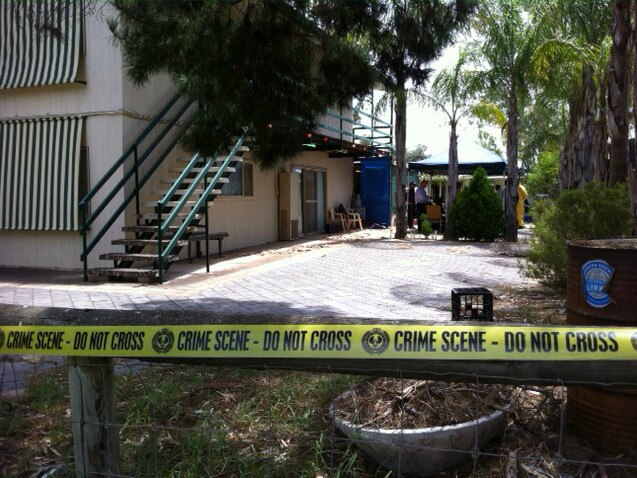
And the selfish drug traffickers peddling these dangerous substances don’t have any care about the consequences their illegal wares is having.
All they care about is making money. At your cost. And, possibly, even your life.
“(Our) youth needs to be aware that your first pill might be your only pill that could take your life,” says Det Supt Taylor, the newly appointed officer in charge of SA Police’s Serious and Organised Crime Branch, which spearheads our state’s fight against the extensive criminal networks.
“And there is absolutely no way of knowing unless you put it in for a full forensic analysis to determine what is in that pill.
“I might take something, and be fine, and you might take something and drop dead. So there is no control over how that chemical is going to impact on your body.”
He continues: “It doesn’t discriminate. It can hit anyone at any stage. And any demographic.
“We can’t over-estimate how dangerous drugs are.
WHERE DRUG LABS HAVE BEEN FOUND IN SOUTH AUSTRALIA
“And our position … would be if you never start, you will never have to worry about it. It is just not worth it. It is far too risky. Far too risky.
“It is just a vicious cycle, drug use. And of course people end up committing crimes of violence. There is family breakdowns. And people end up often selling and trafficking in drugs … to fund their habits.
“It is a very dangerous road to go down if you are to dabble in illicit drugs. Certainly, if you traffic in illicit drugs, there is a very good chance you will be caught and you will suffer the consequences.”
The pair have agreed to talk publicly about their ongoing crime fight as part of News Corp Australia’s Ripple Effect series, a confronting, raw and emotional look at how illicit drugs are devastating Australian families.
Last week, we told four inspiring mothers’ harrowing but powerful stories, about how their worlds were shattered after losing their children to party drugs.
Among them was Julie Davis, 43, whose courage in speaking about the death of her teenage son, Stefan Woodward, 19, has been widely applauded.
Her main message about the dangers of pills is echoed by the two “Ds”, who have implored their own safety message to youngsters, including their own children, from a young age.
RUSSIAN ROULETTE
Det Snr Sgt Halliday, a team leader in SOCB’s Drug and Organised Crime Task Force, says he and his colleagues always keep victims in the front of their minds.
“For us our primary interest … is focusing on the high-level drug trafficking and organised crime,” he says. “But it is impossible to not be touched … by the impact on those, who are using the drugs at a street level.
“As somebody who has young children it is also concerning to think that those drugs are having an impact on the lives of young people and their families as well.
“The people that manufacture these substances, and the people that sell them, don’t care about the consequences and harm that it causes to people further down the line who are buying and using.”
Since becoming a suburban CIB detective in 2001, he has fought the rising organised crime tide, from syndicates to bikies, whose illegal business is being fuelled by an insatiable drug demand.
While police are battling rising levels of ice-fuelled violent crime, ecstasy is another drug causing enormous social problems.
The way drugs are marketed is also evolving amid rapidly changing technology and easier “importing” methods. These include the “dark web” – a difficult to trace part of the internet – or cryptocurrency, an anonymous form of digital “money”.
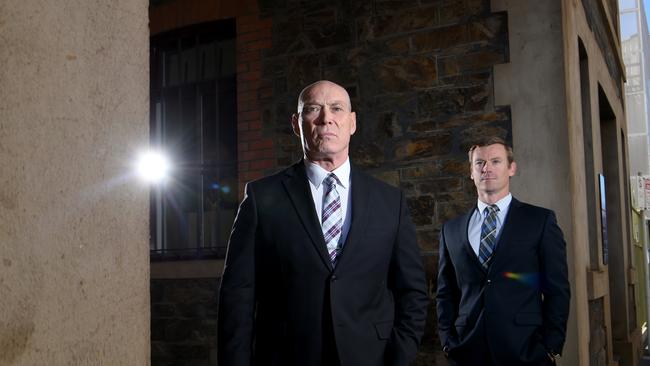
Social media and phone app encryption also pose ongoing problems. Snr Sgt Halliday says while it would be wonderful if no one consumed an ecstasy pill, and that “would undoubtedly save lives”, it was an unrealistic expectation.
Instead, hardworking – bordering on obsessive – officers educate people about drug dangers while they focus on disrupting its supply. Police-backed anti-drugs campaigners have visited dozens of schools and spoken to hundreds of children as they start the fightback early.
“For those people who have consumed ecstasy, even if it is on a regular basis, it is important for them to know it is like playing Russian roulette,” he says.
“They may have had some experience with some pills, and they may have had some pleasant experiences with those pills, but there is no guarantee that experience will continue.
“There is every chance they will consume something that will have an adverse reaction and or might cause them to die.”
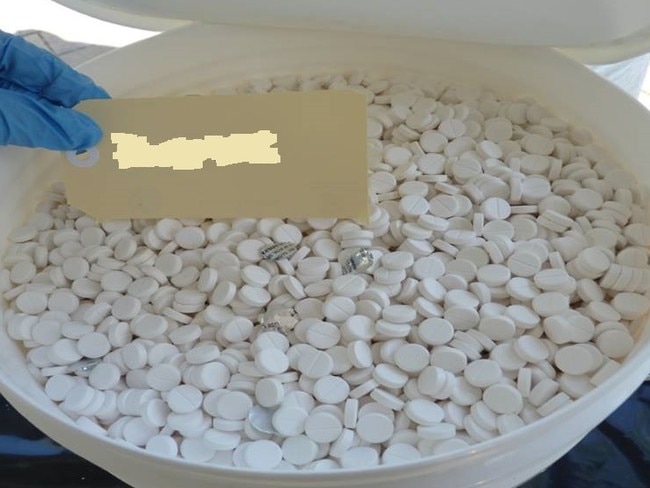
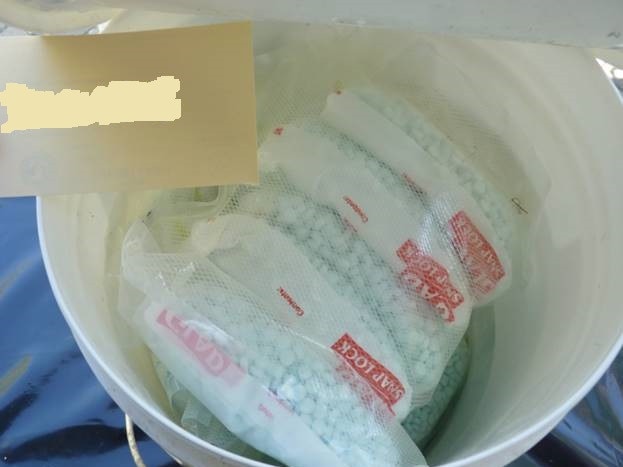
He adds: “There is no doubt buying pills to take to a music festival, or to have on a weekend, is contributing to organised crime at a high level, trans-nationally.
“We have seen large, commercial quantities of ecstasy manufactured in South Australia but we also see a large amount of it being imported, even through the postal stream or as air or sea cargo.
“So, there is no doubt if it were to be possible to remove that market place here in South Australia, it would have a significant impact on organised crime across Australia and across the world.”
CRIMS WITH NO CONSCIENCE
Det Supt Taylor is entering his third decade as a detective that has included stints in CIB, organised crime – such as investigating outlaw motorcycle gangs – and “covert” operations that includes surveillance as part of secret inquiries.
His expertise is valued by other police and law enforcement agencies across the world.
Reluctant to provide specific intelligence and declining to discuss operational matters, he says bikies and other crime gangs are becoming rich at the expense of the wider community.
As authorities face a bigger variety of drugs today in an ever changing and “flexible” criminal underworld, hard-core drug problems remain at its heart.
Substances such as cannabis, ecstasy – especially being consumed in “powder” form through gel capsules – heroin, cocaine and methamphetamine, also known as ice, the biggest scourge.
“It is no secret, and well documented for a number of years, that outlaw motorcycle gangs, have a big part in the manufacture and distribution of illicit drugs,” he says.
Police have an “overwhelmingly” sense of frustration, and at times a “sense of anger”, at the chaos being wrought.
“Simply because … the people who deal in drugs and the syndicates that we deal with on a regular basis, have no conscience, they just don’t care about the consequences of their actions, of what they manufacture, what they sell,” he says.
“They have no care at all about what happens to the people, the end users, the people who are taking the drugs and the impact it has on families. It is just enormous.
“It is purely a financial business. It is just about making money.”
SQUALID DRUG LABS
Det Supt Taylor says all backyard clandestine “laboratories” are filthy and squalid, yet users happily believe drug dealers’ deluded claims of cleanliness and safety.
“I have certainly seen drug labs where people are mixing up the various chemicals in cement mixers using buckets, spades and shovels that sort of thing,” he says.
“And it is the most horrendous, unhygienic conditions. You would not let your dog eat out of it and these people are selling drugs to members of the community.”
The detectives say specialised strike teams and joint task forces are having considerable success smashing drug operations.
Latest police figures show that over the past three years more than 200 drug labs were “dismantled” all over the state, mainly in the suburbs but also in areas such as the Far North and Barossa Valley.
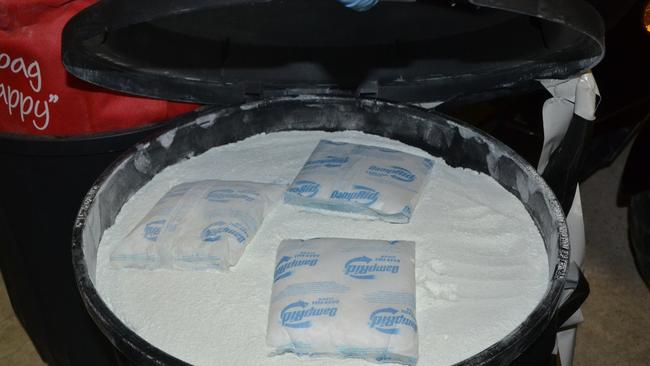
Demonstrating the scale of the drug industry – and the detectives’ ongoing commitment to fighting it – is one of the state’s largest drug busts, at Walker Flat.
Back in 2014, police smashed among SA’s largest clandestine lab on the outskirts of the small Murraylands town, 115km east of Adelaide on the Murray River.
More than 180,000 ecstasy, MDMA tablets were seized as well as powder and pills equivalent to 380,000 pills together with at least 16kg of methamphetamine – the street value was up to $27 million.
A commercial pill press and precursor chemicals capable of producing at least $50 million worth of methamphetamine was also found.
SOCB detectives further seized illegal firearms, including almost a dozen semiautomatic and bolt action weapons, magazines and ammunition.
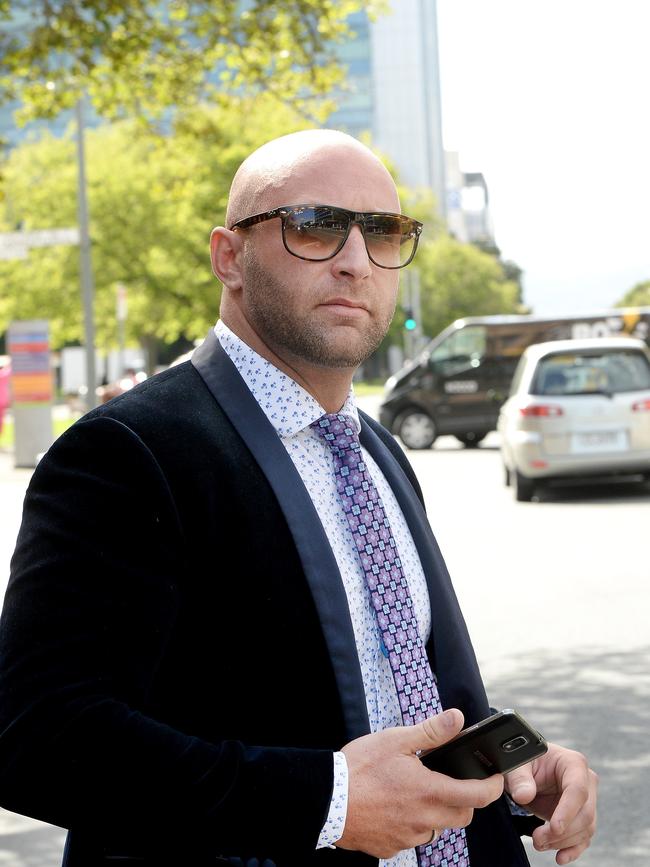
A District Court judge condemned the lab’s “great” community harm as he jailed former talented junior footballer Anton Pasquale Gerardis, then 32, who had secretly organised the illicit multimillion-dollar business on his grandparents’ property. He blamed a variety of factors such as paying for IVF.
Co-accused Amedeo Macchiavelli, then 35, of Eastwood, was also jailed for his role in the operation.
Charges were dropped against a third man while a fourth is on the run overseas. Neither can be named.
Det Supt Taylor describes that lab’s commercial scale as “colossal”, leaving police particularly gratified at having destroyed it.
“Naturally (we were) very happy to be able to dismantle this particular syndicate from manufacturing and distributing their own brand of misery to the community,” he says.
EXTREME CONSEQUENCES
Music festivals and nightclubs continue to pose problems for police.
A heavy presence, Snr Sgt Halliday says, at festivals includes plainclothes detectives, uniformed officers and sniffer dogs.
Punters’ pills seized from nightclubs are analysed to help police intelligence. He says the consequences are extreme and carrying just one ecstasy pill is illegal.
If you think you’re helping out your mates, don’t. He says think of the consequences. A criminal conviction affects overseas travel, getting a home loan or working with children. “If someone was to be caught with illicit drugs at a music festival then they will be prosecuted,” he says. “It is an offence to possess just one ecstasy tablet – so if you are caught with just one you face a prosecution.
“And if you are caught with more than one ecstasy tablet, or you intend to supply it to your friends, you may well very much end up being prosecuted for trafficking or supply.
“(You may) end up with a criminal record and of course all the consequences that go along with having that.”
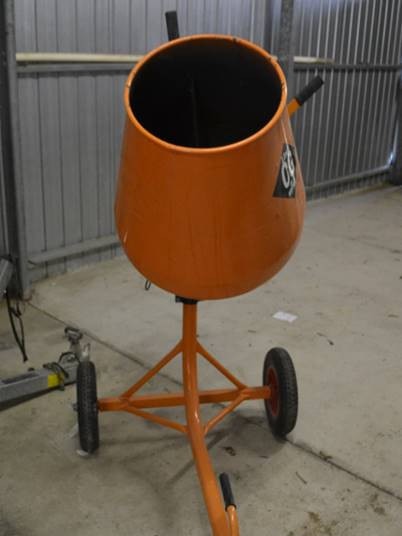
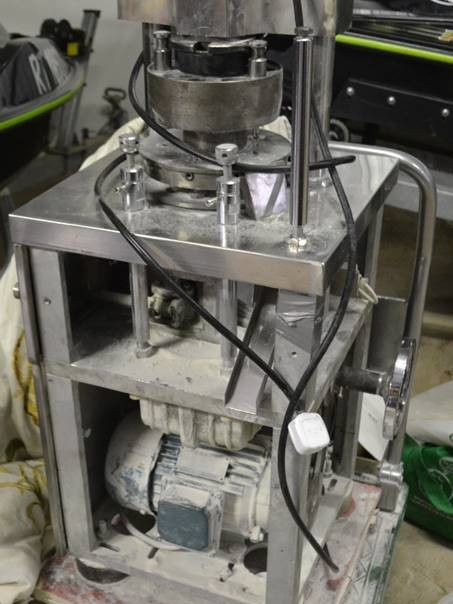
Det Supt Taylor also has a simple warning to those wishing to satisfy their drug curiosity.
“Never be tempted through peer pressure or curiosity to experiment with drugs – it will lead to family heartbreak and you can never turn the clock back,” he says.
“If you think you have been clever enough to get away with manufacturing or trafficking drugs then go and visit the prisons across the country – they are full of clever people who thought they would get away with it.
“We have enormous passion and resolve to tackle the drug problem and our combined dedication is unwavering. We may not catch you today but we will catch you.”

